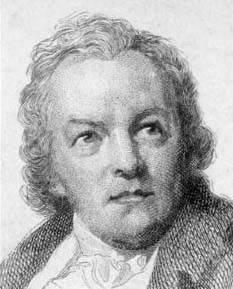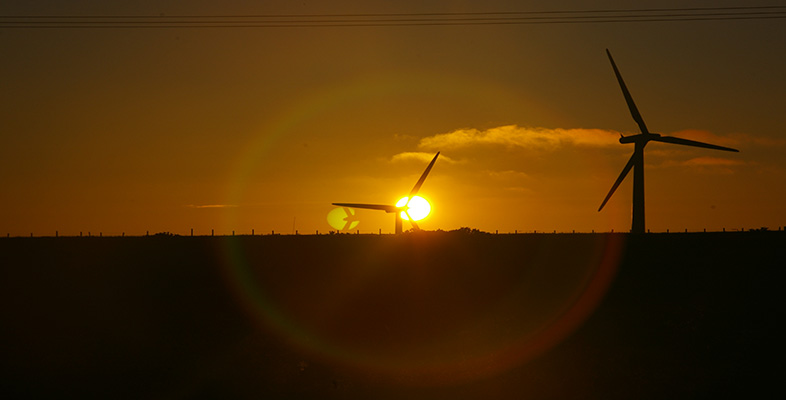2 Definitions: energy, sustainability and the future
'Energy is Eternal Delight'
William Blake, 1757–1827 (1994)
What do we mean by 'energy'? What does the concept of 'sustainability' entail? And what, for that matter, do we mean by the 'future' in this context?

The eighteenth-century poet and artist William Blake, quoted above, probably expressed our personal experience of energy as we feel it in our day-to-day lives more accurately than any scientific definition. Indeed, the word energy, when it first appeared in English in the sixteenth century, had no scientific meaning at all. Based on a Greek word coined by Aristotle, it meant forceful or vigorous language.
It was not until the early 1800s that the concept of energy in the modern sense was developed by scientists to describe and compare their observations about the behaviour of such diverse phenomena as the transfer of heat, the motion of planets, the operation of machinery and the flow of electricity. Today, the standard scientific definition is that energy is the capacity to do work: that is, to move an object against a resisting force.
In everyday language, the word 'power' is often used as a synonym for energy – and indeed in this course the two words may occasionally be used in this rather loose way merely as substitutes for each other. But when speaking scientifically, power is defined as the rate of doing work, that is, the rate at which energy is converted from one form to another, or transmitted from one place to another. The main unit of measurement of energy is the joule (J) and the main unit of measurement of power is the watt (W), which is defined as a rate of one joule per second.
The term 'sustainability' entered into common currency relatively recently, following the publication of the report Our Common Future by the United Nations' Brundtland Commission in 1987. The commission defined sustainability, and in particular sustainable development, as 'development that meets the needs of the present without compromising the ability of future generations to meet their own needs' (United Nations, 1987).
